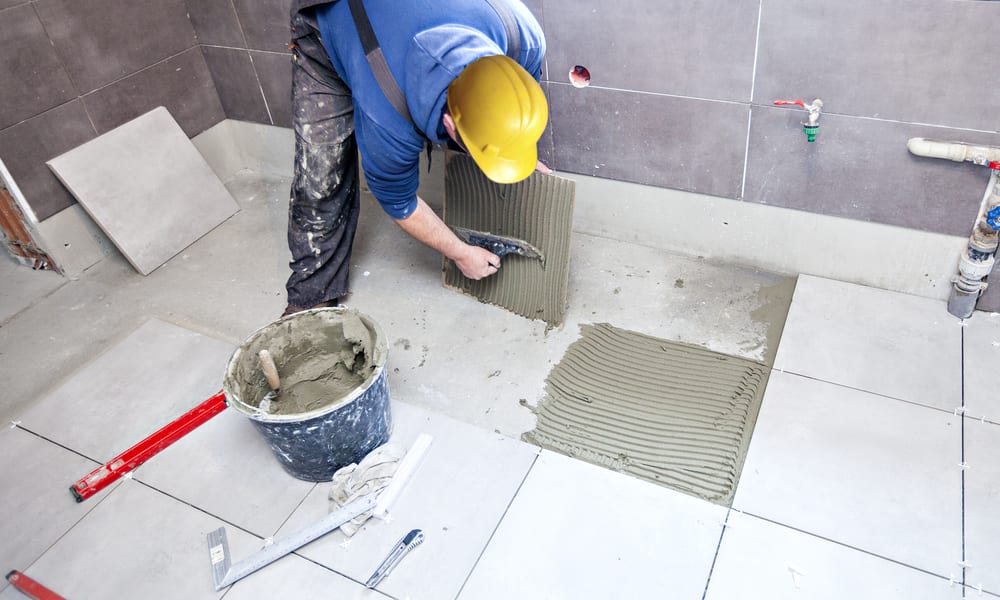Construction Jobs in the U.S. for Latin Americans: What’s Possible Without Certification or Fluent English?
The U.S. construction industry continues to draw interest from Latin American workers — especially those with hands-on skills and a willingness to learn. While requirements vary by employer, some companies have become more flexible about formal credentials, language fluency, and work histories. Here are some common patterns worth noting: Spanish-speaking crews are widespread: Many teams operate day-to-day in Spanish, especially in larger cities. On-the-job learning is often available: Roles may not require formal certification if you're ready to train on-site. Experience helps — but isn’t always expected: Entry-level support roles exist across residential, commercial, and roadwork sectors. Different states, different policies: Local labor laws and practices shape how open companies are to unconventional profiles. Exploring these paths carefully can help you assess realistic entry points — based on your background, not just your paperwork.

What Entry-Level Construction Positions Are Available?
Several construction roles welcome workers without formal certification. General labor positions often serve as stepping stones, including:
-
Material handlers and construction helpers
-
Demolition workers
-
Cleanup crew members
-
Basic carpentry assistants
-
Painting crew members
These positions typically provide on-the-job training and don’t require extensive previous experience.
How Do Spanish-Speaking Construction Crews Operate?
Many U.S. construction companies, particularly in states with large Hispanic populations, maintain Spanish-speaking crews. These teams often:
-
Communicate primarily in Spanish during daily operations
-
Have bilingual supervisors who bridge language gaps
-
Provide safety training and documentation in Spanish
-
Offer mentorship opportunities with experienced Spanish-speaking workers
What Are the Legal Requirements for Construction Work?
To work legally in U.S. construction, individuals must have:
-
proper work authorization documentation
-
valid identification
-
compliance with OSHA safety requirements
-
state-specific licensing (for certain specialized trades)
Many employers assist with obtaining necessary safety certifications after hiring.
Which Regions Offer the Most Opportunities?
Construction opportunities for Spanish-speaking workers are particularly abundant in:
-
Southwest (Texas, Arizona, California)
-
Southeast (Florida, Georgia)
-
Major metropolitan areas nationwide
These regions typically have established Hispanic communities and construction companies familiar with multilingual workforces.
What Skills Matter Most Without Certification?
Employers often prioritize these qualities over formal certification:
-
Physical capability and endurance
-
Basic tool knowledge and handling
-
Safety awareness
-
Reliability and punctuality
-
Willingness to learn
-
Basic math skills
-
Elementary English communication
What Are Typical Wages and Benefits?
Entry-level construction wages vary significantly by location and employer:
| Position Type | Average Starting Wage | Typical Benefits |
|---|---|---|
| General Labor | $15-18/hour | Basic health insurance, overtime pay |
| Helper/Assistant | $16-20/hour | Health insurance, paid time off |
| Skilled Labor Trainee | $18-22/hour | Full benefits package |
Prices, rates, or cost estimates mentioned in this article are based on the latest available information but may change over time. Independent research is advised before making financial decisions.
Success in U.S. construction often depends more on demonstrating practical abilities and work ethic than formal credentials. While language barriers and certification requirements can present challenges, many companies have developed systems to integrate and train motivated workers, regardless of their initial qualifications.




